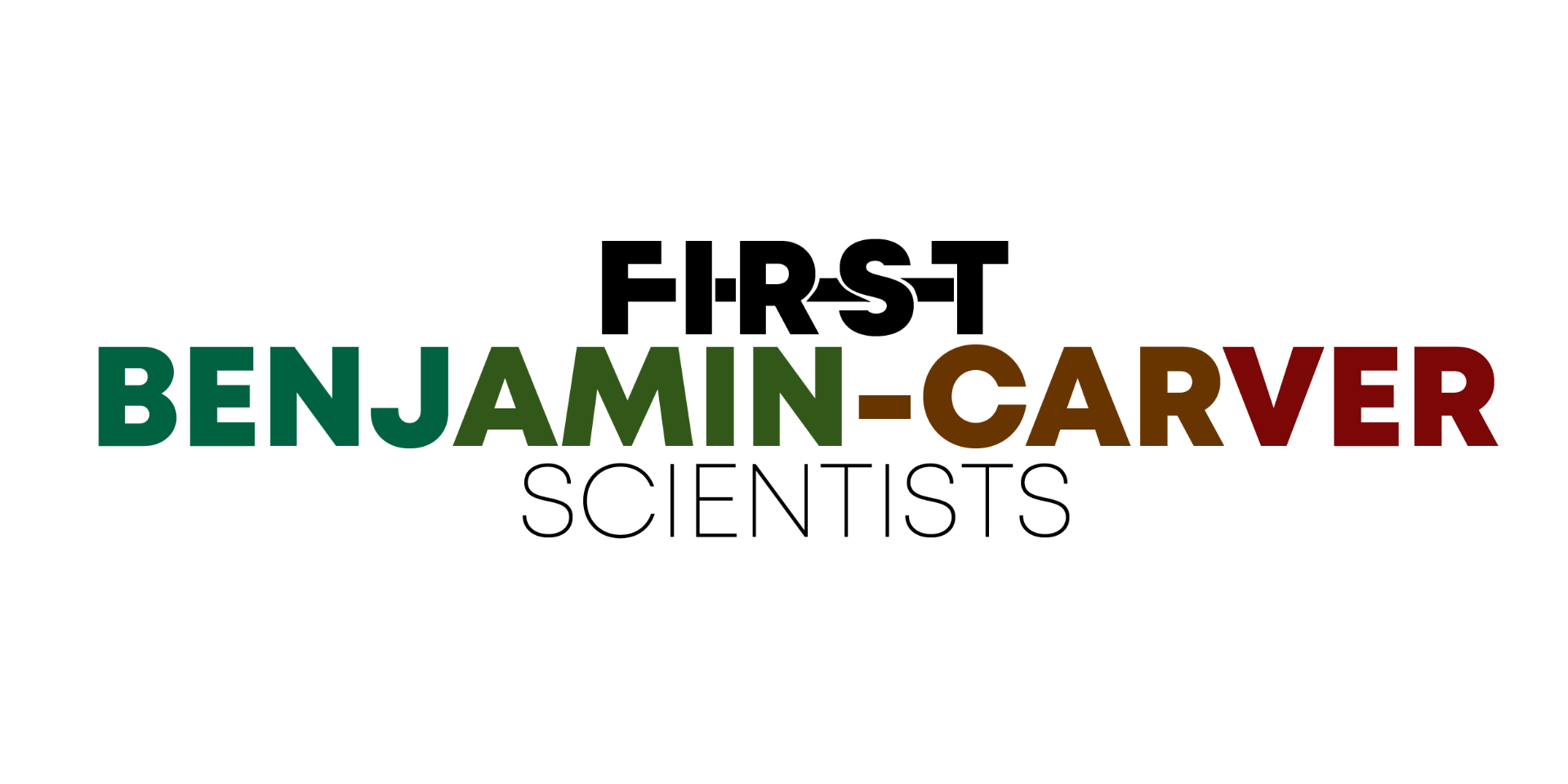Both UAB and Tuskegee are committed to supporting Benjamin-Carver Scientists so that they can become successful independent researchers while driving inclusive excellence at both institutions.
Our cluster hiring approach combined with thoughtful and intentional processes and infrastructure creates a community that ensures you won’t be alone as you build your career. Candidates will be hired in 3-4 clusters across these research areas. We anticipate hiring the first two clusters (6-8 positions) in 2022-2023 and the final two clusters in 2023-2024. Each scientist’s individual career development will be supported by:

Identifying dedicated Principal Mentors to provide scientific guidance and to lead multidisciplinary mentoring teams that are supported by Research Navigators and Sponsor advocates;

Offering individual career coaching and group coaching sessions to promote interactions within and between faculty clusters in order to reduce isolation and provide support; and

Facilitating involvement in professional development opportunities across four domains (writing grants, revising applications and preparing manuscripts, engaging with the community, ethics and health disparities, establishing a research program, and content-specific opportunities).
Cluster and Cohort Hiring
The Benjamin-Carver Community of Scientists will be anchored by a group of 12 early-career faculty who have demonstrated a strong commitment and an interest in understanding and addressing health disparities


Faculty are hired across 4 clusters representing areas of research strength and opportunity across our two institutions: cancer, obesity and diabetes, cardiovascular disease, and neuroscience, with an overarching theme of health disparities and health equity.
Benjamin-Carver Scientists begin their careers with other members of the program, who have been hired in complementary research areas. Throughout the early-career stage, scientists can expect ample opportunities to interact, explore collaboration, and share in the experience of the comprehensive career development support.

This program surrounds each Benjamin-Carver Scientist with a team-based career support model which includes a Personal Sponsor from their home institution who serves as their promoter and champion; an Academic/Research Principal Mentor who serves as their guide to substantive academic research training and education; and a Career Coach who matches the scientist’s background and serves as a personal guide to academic and career success.
PERSONALIZED CAREER DEVELOPMENT
Office of Integrated Research Support
The Benjamin-Carver Office of Integrated Research Support (OIRS) exists to mitigate the steep learning curve for new faculty and fast-track support for Benjamin-Carver Scientists—giving them a competitive advantage for research awards. The OIRS staff includes dedicated personnel for administrative assistance, which is often not available to junior faculty, such as assistance with application preparation, budgeting and fiscal planning, IRB/regulatory requirements, and grants and contracts navigation.
OIRS Research Navigators help Benjamin-Carver Scientists navigate institutional systems, using their professional skills and knowledge of the institutional research infrastructures at both UAB and Tuskegee. This knowledge includes federally funded programs and centers, and professional/career development opportunities. The OIRS can assist with literature reviews, scientific writing/editing, study design, and biostatistics to help connect Benjamin-Carver Scientists to core facilities and scientific review panels.
FIRST Benjamin-Carver Scientist Community Collaboratory
In addition to formal mentoring teams and career coaching, the FIRST Benjamin-Carver Scientist Community Collaboratory inspires and challenges Benjamin-Carver Scientists by augmenting peer clusters with established mid-and senior-level scientists, as well as community stakeholders, to facilitate innovation and collaboration.
The Research Community Collaboratory is a virtual space within which our Scientists can interact and exchange ideas among other members of their cluster, peer clusters, mid-level and senior researchers (including those who participated on the recruitment and selection committees), and community stakeholders.

